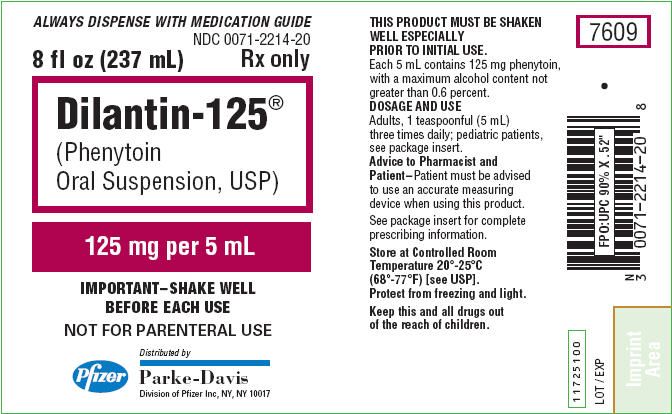Top Class Actions’s website and social media posts use affiliate links. If you make a purchase using such links, we may receive a commission, but it will not result in any additional charges to you. Please review our Affiliate Link Disclosure for more information.

Studies show that Dilantin is one of many drugs that triggers a condition known as Stevens Johnson Syndrome (SJS). This prescription medication is sold by Pfizer Inc., and has included box warnings about SJS since at least 2011. The labeling also notes the potential risk of Toxic Epidermal Necrolysis (TEN), a more advanced, severe and dangerous form of SJS.
About Dilantin SJS
SJS causes the epidermis, or the top layer of skin, to blister and peel severely and painfully, and in cases of Dilantin SJS, usually occurs just a few weeks after initial usage of Dilantin. These rashes can lead to intense pain, eye problems, secondary skin infection (cellulitis), damage to internal organs, and often significant and disfiguring scarring. SJS symptoms are commonly treated in the hospital burn unit, because the symptoms are so similar to those of burn victims. SJS side effects can lead to life-threatening infections and other dangerous complications.
SJS symptoms include:
- facial swelling
- tongue swelling
- hives
- skin pain
- a red or purple skin rash, spreading within hours to days
- blisters on skin, mouth, nose, and/or eyes
- shedding of skin
The difference between SJS and TEN is simply the severity of the symptoms experienced by the patient. A patient is diagnosed with SJS when the rash covers 30 percent or less of the skin. When any more than 30 percent of the skin is covered with the intense rash, the diagnosis progresses to its more severe form, Toxic Epidermal Necrolysis (TEN). TEN has a mortality rate of over 40 percent and should be treated immediately.
Even when not fatal, SJS and TEN have lasting effects. Possible non-fatal complications include eye problems, damage to internal organs, and permanent skin damage. In some extreme cases, skin grafting (the removal of skin from one area of the body in order to attach it to another) is necessary for proper healing. Recovery can take days to months.
Dilantin SJS Lawsuits
Lawsuits are currently being filed by patients and families who feel that Pfizer did not adequately warn consumers and the medical community of the severe and dangerous risks involved with taking Dilantin, and therefore developed either Stevens Johnson Syndrome or Toxic Epidermal Necrolysis (the more severe form of SJS) as a direct result.
If you or someone you know has experienced SJS symptoms or TEN while using Dilantin, you may have cause for filing a Dilantin SJS lawsuit for medical and financial damages.
Do YOU have a legal claim? Fill out the form on this page now for a free, immediate, and confidential case evaluation. The Stevens Johnson Syndrome attorneys who work with Top Class Actions will contact you if you qualify to let you know if an individual lawsuit or class action lawsuit is best for you. [In general, SJS lawsuits are filed individually by each plaintiff and are not class actions.] Hurry — statutes of limitations may apply.
ATTORNEY ADVERTISING
Top Class Actions is a Proud Member of the American Bar Association
LEGAL INFORMATION IS NOT LEGAL ADVICE
Top Class Actions Legal Statement
©2008 – 2024 Top Class Actions® LLC
Various Trademarks held by their respective owners
This website is not intended for viewing or usage by European Union citizens.
Get Help – It’s Free
Help for Victims of Stevens Johnson Syndrome
If you or a loved one were diagnosed with Stevens Johnson Syndrome (SJS) or toxic epidermal necrolysis (TEN) after taking a prescribed or over-the-counter medication, you may be eligible to take legal action against the drug’s manufacturer. Filing an SJS lawsuit or class action lawsuit may help you obtain compensation for medical bills, pain and suffering, and other damages. Obtain a free and confidential review of your case by filling out the form below.
An attorney will contact you if you qualify to discuss the details of your potential case at no charge to you.
Oops! We could not locate your form.












